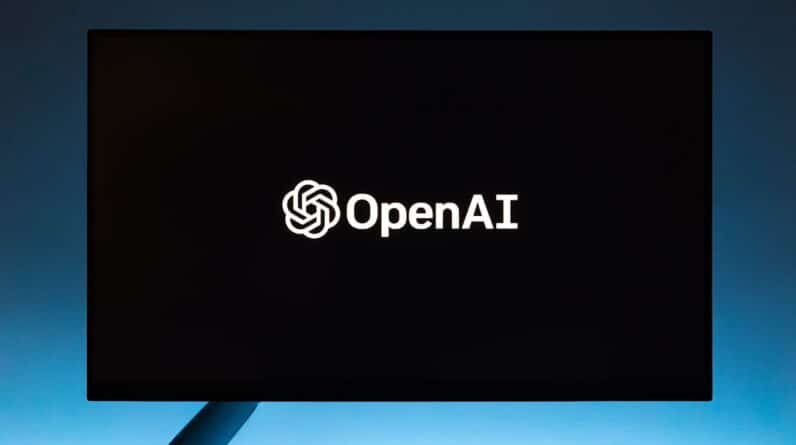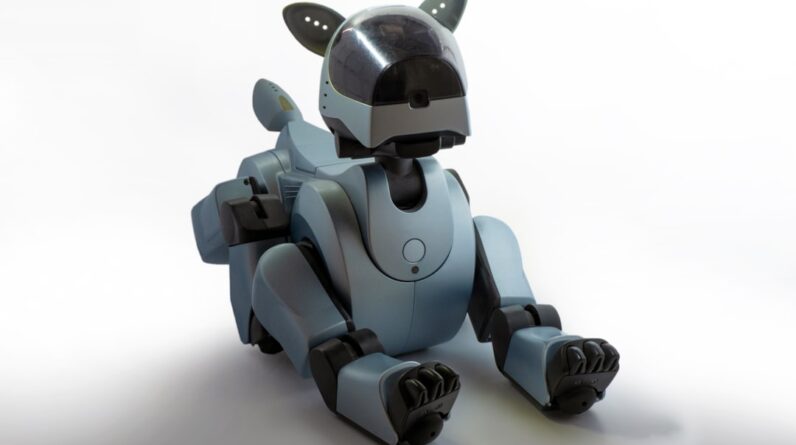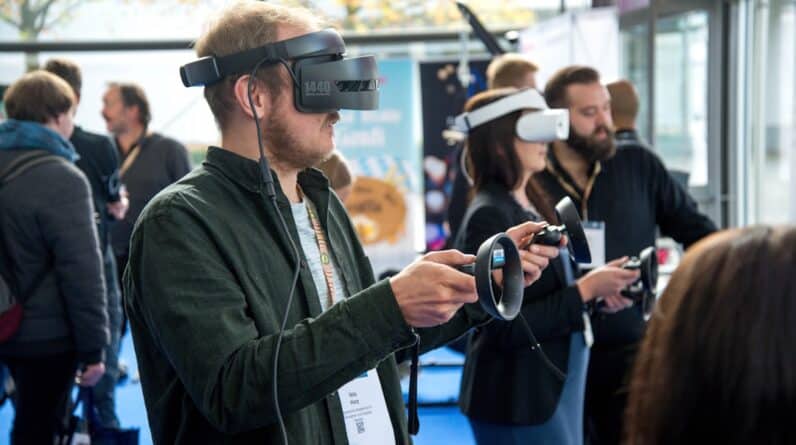Artificial Intelligence (AI) has emerged as one of the most transformative technologies of our time. As you navigate through your daily life, you may not even realize how deeply integrated AI has become in various aspects of society. From the moment you wake up to the sound of a smart assistant to the time you unwind with a streaming service that curates content just for you, AI is quietly shaping your experiences.
This technology, which simulates human intelligence through algorithms and data processing, is not just a futuristic concept; it is a present-day reality that is continuously evolving. The journey of AI began decades ago, but recent advancements in machine learning and data analytics have propelled it into the mainstream. You might find it fascinating to learn that AI systems can now analyze vast amounts of data at speeds and accuracies far beyond human capabilities.
This has led to significant breakthroughs in various fields, making it essential to understand how AI is influencing your world. As we delve into the different sectors where AI is making an impact, you will see how it is not merely a tool but a partner in innovation and efficiency.
Key Takeaways
- AI is revolutionizing industries and changing the way we work, communicate, and learn.
- In the workplace, AI is streamlining processes, automating tasks, and improving efficiency.
- In healthcare, AI is being used for diagnostics, personalized treatment plans, and drug discovery.
- AI is enhancing entertainment experiences through personalized recommendations and immersive technologies.
- In education, AI is personalizing learning experiences, providing adaptive feedback, and improving student outcomes.
- AI is transforming transportation with autonomous vehicles, traffic management, and predictive maintenance.
- AI is revolutionizing communication through natural language processing, chatbots, and voice recognition.
- The future of AI holds endless possibilities for innovation and advancement across various industries.
AI in the Workplace
In the workplace, AI is revolutionizing how tasks are performed and decisions are made. You may have noticed that many companies are adopting AI-driven tools to enhance productivity and streamline operations. For instance, chatbots are increasingly being used for customer service, allowing businesses to respond to inquiries around the clock without the need for human intervention.
This not only improves response times but also frees up employees to focus on more complex tasks that require human insight and creativity. Moreover, AI is playing a crucial role in data analysis and decision-making processes. Imagine being able to sift through mountains of data in seconds to identify trends and insights that would take humans hours or even days to uncover.
With predictive analytics powered by AI, organizations can make informed decisions based on real-time data, leading to better outcomes and increased efficiency. As you observe these changes in your workplace or industry, it becomes clear that AI is not just a passing trend; it is reshaping the very fabric of how work is conducted.
AI in Healthcare
The healthcare sector is another area where AI is making significant strides, enhancing patient care and operational efficiency. You might be surprised to learn that AI algorithms are now being used to analyze medical images, such as X-rays and MRIs, with remarkable accuracy. This capability allows for earlier detection of diseases, which can be crucial in treatment outcomes.
Imagine a world where a machine can assist doctors in diagnosing conditions more accurately than ever before—this is becoming a reality thanks to AI. Additionally, AI is transforming patient management systems by personalizing treatment plans based on individual patient data. You may have encountered applications that track your health metrics or remind you to take medications.
These tools leverage AI to provide tailored recommendations that can lead to better health outcomes. As you consider the implications of AI in healthcare, it becomes evident that this technology has the potential to save lives and improve the quality of care you receive.
AI in Entertainment
In the realm of entertainment, AI is changing how content is created and consumed. You may have noticed that streaming platforms like Netflix or Spotify use sophisticated algorithms to recommend shows or music based on your preferences. This personalized experience enhances your engagement and satisfaction, making it easier for you to discover new content that aligns with your tastes.
The ability of AI to analyze user behavior and preferences has transformed the entertainment landscape into a more interactive and tailored experience. Moreover, AI is also being utilized in content creation itself. Filmmakers and game developers are experimenting with AI-generated scripts, music, and even visual effects.
Imagine watching a movie where the storyline was partially crafted by an algorithm designed to understand audience preferences—this is not far from reality. As you explore various forms of entertainment, consider how AI is not only enhancing your experience but also pushing the boundaries of creativity in ways previously unimaginable.
AI in Education
Education is another field where AI is making significant contributions, offering personalized learning experiences that cater to individual student needs. You may have encountered adaptive learning platforms that adjust their curriculum based on your performance and learning style. This tailored approach allows for a more effective educational experience, enabling you to grasp concepts at your own pace while receiving immediate feedback.
Furthermore, AI can assist educators by automating administrative tasks such as grading and attendance tracking. This allows teachers to focus more on instruction and student engagement rather than getting bogged down by paperwork. Imagine a classroom where technology supports both students and teachers, creating an environment conducive to learning and growth.
As you reflect on the role of AI in education, it becomes clear that this technology has the potential to democratize access to knowledge and enhance educational outcomes for all.
AI in Transportation
Smarter Transportation Solutions
As we envision a future where commuting could be as simple as entering a destination into a system that takes care of the rest, it becomes evident that AI is paving the way for smarter transportation solutions. Moreover, AI is optimizing logistics and supply chain management by predicting demand patterns and improving route efficiency. Companies are using AI-driven analytics to ensure timely deliveries while minimizing costs.
Intelligent Systems for Seamless Transportation
Imagine being part of a world where goods are transported seamlessly from one location to another, thanks to intelligent systems that anticipate needs and adjust accordingly. As we consider these advancements in transportation, it’s clear that AI is not just enhancing mobility; it’s reshaping how we think about travel and logistics.
A New Era of Mobility and Logistics
The impact of AI on transportation extends beyond just convenience and safety. It’s transforming the way we think about travel and logistics, enabling faster, more efficient, and more reliable transportation systems. As AI continues to advance, we can expect even more innovative solutions to emerge, revolutionizing the way we move people and goods around the world.
AI in Communication
Communication has also been transformed by the integration of AI technologies. You may have experienced this firsthand through virtual assistants like Siri or Google Assistant, which help you manage tasks through voice commands. These tools utilize natural language processing (NLP) to understand and respond to your queries effectively, making communication with technology more intuitive than ever before.
Additionally, AI is enhancing communication within organizations by facilitating collaboration through smart tools that analyze team interactions and suggest improvements. Imagine being part of a team where communication flows seamlessly due to intelligent systems that help manage projects and streamline workflows. As you engage with these technologies, consider how they are not only improving efficiency but also fostering better relationships among colleagues and friends alike.
The Future of AI
As we look toward the future of AI, it’s clear that this technology will continue to evolve and permeate various aspects of our lives. You may find it exciting to think about the possibilities that lie ahead—AI systems becoming even more sophisticated, capable of understanding context and emotions, thereby enhancing human-machine interactions. The potential for innovation seems limitless as researchers explore new frontiers in machine learning, robotics, and cognitive computing.
However, with these advancements come ethical considerations that must be addressed. As you embrace the benefits of AI, it’s essential to remain vigilant about issues such as privacy, security, and job displacement. The future of AI will require collaboration between technologists, policymakers, and society at large to ensure that this powerful tool serves humanity positively and equitably.
As you reflect on your relationship with technology, consider how you can contribute to shaping a future where AI enhances our lives while respecting our values and rights.
Artificial intelligence is revolutionizing various aspects of our lives, including the way we live, work, and play. One related article that delves deeper into the impact of AI on our daily routines is “Is Alexa an Artificial Intelligence?”. This article explores the capabilities of virtual assistants like Alexa and how they utilize AI technology to enhance user experiences. Additionally, another interesting read is “AI in Recruitment: Improving Hiring Processes and Candidate Selection”, which discusses how AI is transforming the recruitment industry by streamlining hiring processes and improving candidate selection methods. These articles provide valuable insights into the evolving role of AI in shaping our future.
FAQs
What is AI?
AI, or artificial intelligence, refers to the simulation of human intelligence in machines that are programmed to think and act like humans. This includes tasks such as learning, problem-solving, and decision-making.
How is AI changing the way we live?
AI is changing the way we live by revolutionizing various aspects of our daily lives, including healthcare, transportation, entertainment, and communication. For example, AI is being used to develop personalized medicine, improve transportation systems, and enhance the way we interact with technology.
How is AI changing the way we work?
AI is changing the way we work by automating repetitive tasks, improving productivity, and enabling new ways of working. It is also creating new job opportunities in fields such as data science, machine learning, and AI development.
How is AI changing the way we play?
AI is changing the way we play by enhancing the gaming experience, creating personalized entertainment recommendations, and enabling new forms of interactive media. AI is also being used to develop virtual reality and augmented reality experiences that provide immersive and engaging entertainment options.






